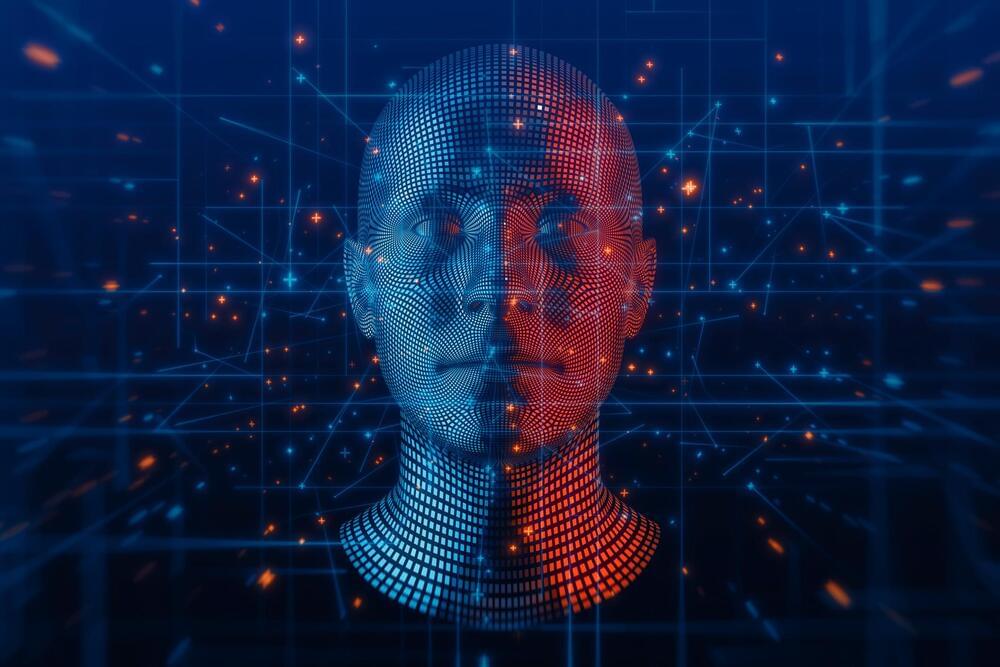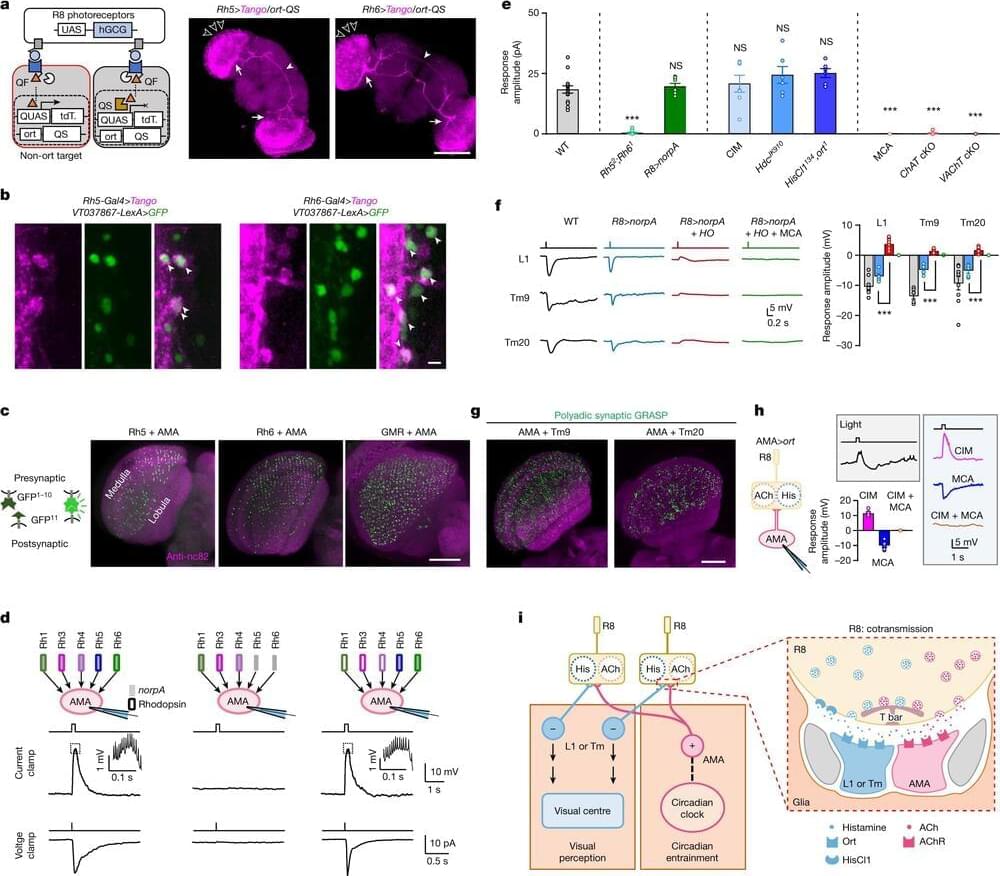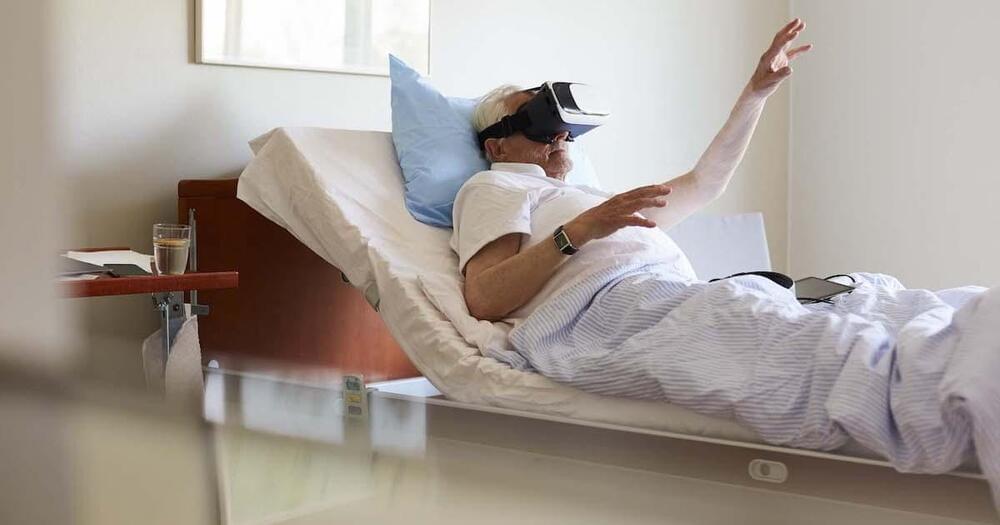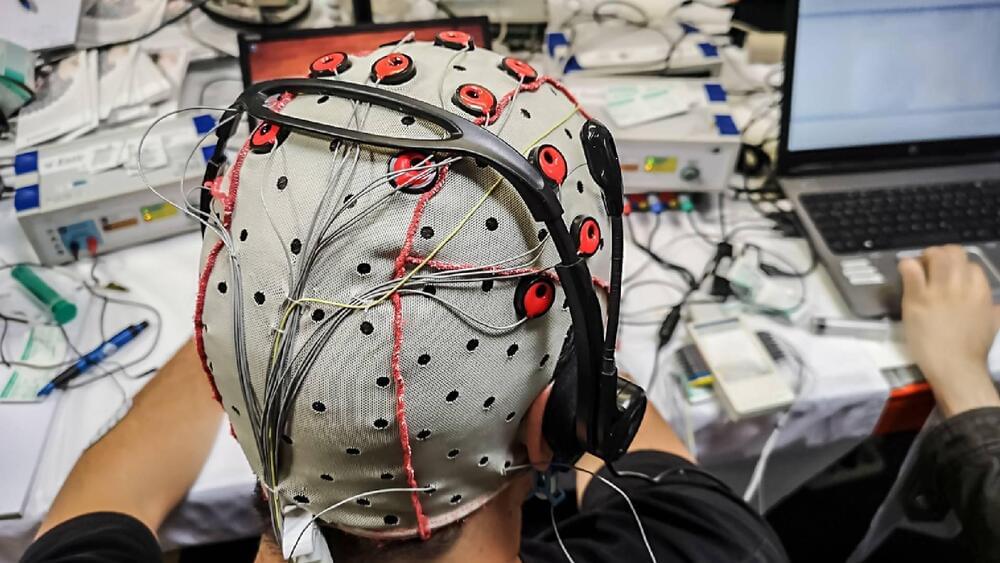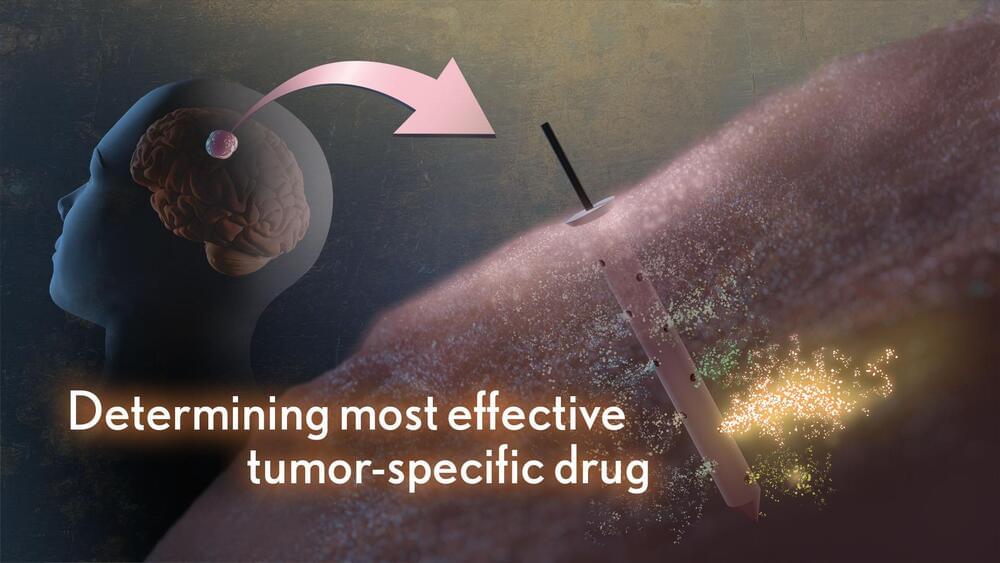To make our way through the world, our brain must develop an intuitive understanding of the physical world around us, which we then use to interpret sensory information coming into the brain.
How does the brain develop that intuitive understanding? Many scientists believe that it may use a process similar to what’s known as “self-supervised learning.” This type of machine learning, originally developed as a way to create more efficient models for computer vision, allows computational models to learn about visual scenes based solely on the similarities and differences between them, with no labels or other information.
A pair of studies from researchers at the K. Lisa Yang Integrative Computational Neuroscience (ICoN) Center at MIT offers new evidence supporting this hypothesis. The researchers found that when they trained models known as neural networks using a particular type of self-supervised learning, the resulting models generated activity patterns very similar to those seen in the brains of animals that were performing the same tasks as the models.
